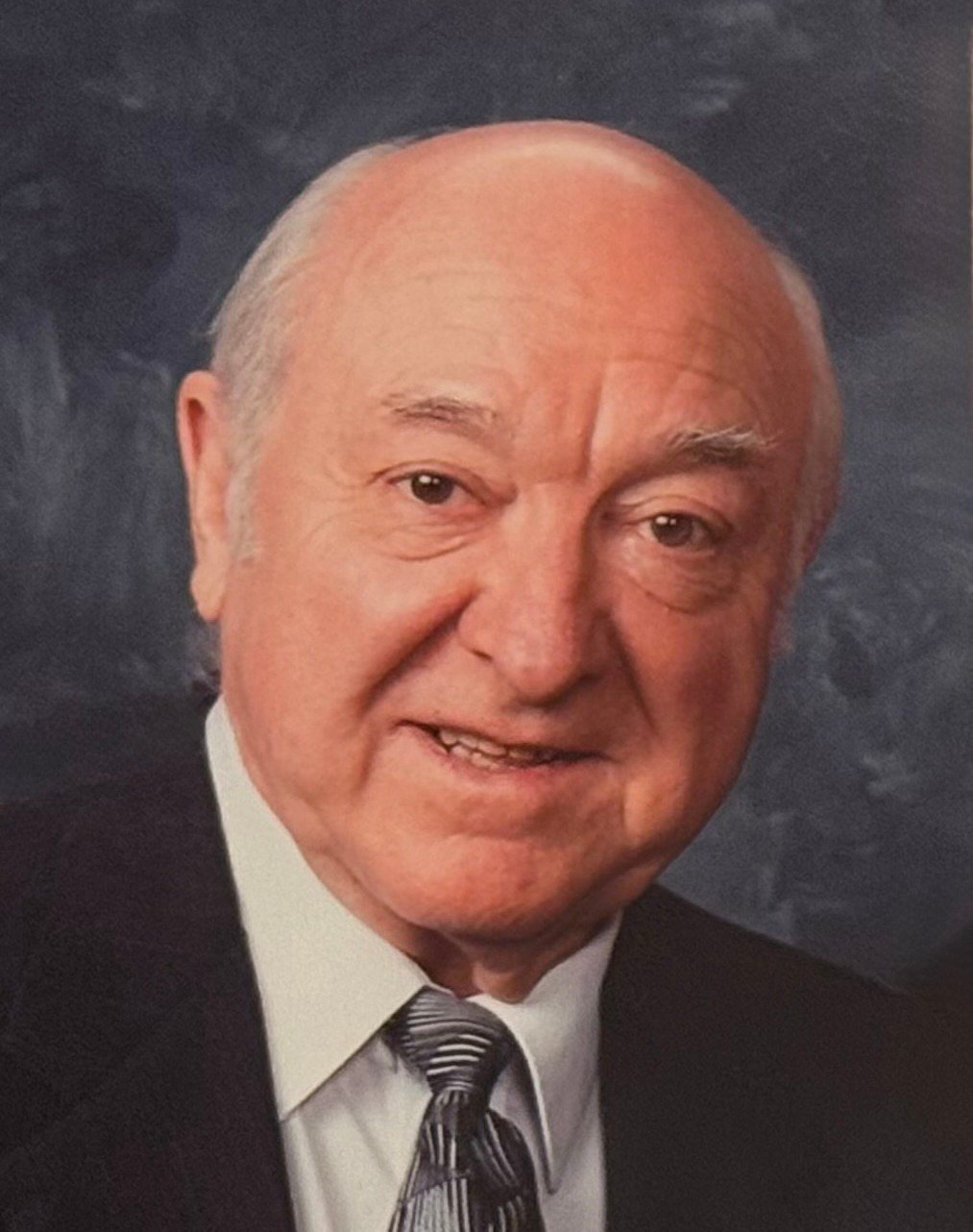World
Georgia Aims to Become the Cinematic Heart of the Caucasus

Georgia is positioning itself as the potential “Hollywood of the Caucasus,” leveraging its diverse landscapes and rich cultural heritage to attract international film productions. The country’s capital, Tbilisi, has already served as a backdrop for major films and series, including the blockbuster *F9* and the Apple TV series *Drops of God*. As local officials and filmmakers push for greater recognition, the nation faces challenges stemming from political instability and its geopolitical situation.
Tatia Bidzinashvili, director of Film in Georgia, a government-backed agency, emphasized the country’s vibrant filmmaking potential. “Georgia wants to become the Hollywood of the Caucasus,” she stated. With a population of less than 4 million, Georgia has rapidly attracted productions from various global hubs, including Los Angeles and Berlin, thanks to its compelling financial incentives. The government offers a cash rebate of up to 25 percent on eligible production costs, alongside an established network of experienced crews and a one-stop service for location scouting and permits.
Georgia’s cinematic allure is enhanced by its stunning landscapes. “In Georgia, you can find snowy mountains, sunny beaches or forests within a three- or four-hour drive,” said Irakli Makatsaria, a prominent television presenter and producer. His company, Maq Entertainment, underscores Georgia’s potential for diverse settings, appealing to filmmakers looking for unique shooting locations.
Despite these advantages, Georgia’s ambitions are under threat due to increasing political instability. The government led by Irakli Kobakhidze, who took office in February 2024, has faced criticism for its authoritarian tendencies. Human rights advocates have raised concerns about the stifling of dissent, and independent media have experienced growing pressure. According to Reporters Without Borders, Georgia ranked 114 out of 180 countries in its 2025 World Press Freedom Index, highlighting the challenges faced by those in the creative sector.
Anna Khazaradze, co-founder of 1991 Productions, noted the reality of the situation: “Georgia is a film-friendly country, but our friends are also being arrested.” Her company is working on a project titled *Tear Gas*, focusing on a young girl caught up in recent anti-government protests. This reflects the ongoing tension between the vibrant film industry and the political climate.
Georgia’s government, however, remains committed to supporting film productions. Bidzinashvili pointed out that when *F9* sought to film an action sequence in Tbilisi, local authorities shut down significant parts of the city. “If a production needs 20,000 extras, we can help arrange that, along with permits that would take weeks or months elsewhere,” she explained.
The environment for foreign productions is not without its apprehensions. Georgia’s proximity to Russia, which invaded Ukraine in 2022 and has maintained military control over breakaway regions like Abkhazia and South Ossetia, raises concerns. Despite this, Makatsaria noted that productions have continued to film in sensitive areas, as seen with *Special Ops*, which shot near the border with Abkhazia.
Upcoming film projects reflect Georgia’s complex history and cultural significance. *Young Stalin*, a British-Georgian co-production about the early years of Joseph Stalin, is set to premiere next year. Georgia’s rich historical context provides filmmakers with compelling narratives and settings that resonate with audiences globally.
Despite the challenges, Georgia remains a viable location for films exploring social issues, even those that may face resistance domestically. The film *Crossing*, which addresses LGBTQ+ themes, was filmed in Batumi and has received international acclaim, though it has struggled to find local distributors due to prevailing anti-LGBT sentiment.
In recent years, private production companies like 20 Steps Production and Industria Films have emerged, offering comprehensive services that include equipment rental and casting. However, the search for large soundstages remains a challenge for filmmakers looking to establish extensive operations in the country.
Georgia’s warm hospitality culture, coupled with its rich cuisine, adds to its appeal for visiting filmmakers. “They say in Georgia, guests are a gift from God,” Makatsaria remarked, highlighting the inviting atmosphere that accompanies film productions.
As Georgia continues to navigate its political landscape while striving for cinematic prominence, the country’s unique offerings and resilient spirit may pave the way for its emergence as a significant player in the global film industry.
-

 Top Stories1 month ago
Top Stories1 month agoRachel Campos-Duffy Exits FOX Noticias; Andrea Linares Steps In
-

 Entertainment14 hours ago
Entertainment14 hours agoJayda Cheaves Claims Lil Baby and Ari Fletcher Had an Affair
-

 Top Stories2 weeks ago
Top Stories2 weeks agoPiper Rockelle Shatters Record with $2.3M First Day on OnlyFans
-

 Top Stories2 weeks ago
Top Stories2 weeks agoMeta’s 2026 AI Policy Sparks Outrage Over Privacy Concerns
-

 Sports2 weeks ago
Sports2 weeks agoLeon Goretzka Considers Barcelona Move as Transfer Window Approaches
-

 Top Stories2 weeks ago
Top Stories2 weeks agoUrgent Update: Denver Fire Forces Mass Evacuations, 100+ Firefighters Battling Blaze
-

 Health2 months ago
Health2 months agoTerry Bradshaw Updates Fans on Health After Absence from FOX NFL Sunday
-

 Sports1 week ago
Sports1 week agoSouth Carolina Faces Arkansas in Key Women’s Basketball Clash
-

 Top Stories2 weeks ago
Top Stories2 weeks agoOnlyFans Creator Lily Phillips Reconnects with Faith in Rebaptism
-

 Top Stories1 week ago
Top Stories1 week agoCBS Officially Renames Yellowstone Spin-off to Marshals
-

 Top Stories2 weeks ago
Top Stories2 weeks agoOregon Pilot and Three Niece Die in Arizona Helicopter Crash
-

 Entertainment2 weeks ago
Entertainment2 weeks agoTom Brady Signals Disinterest in Alix Earle Over Privacy Concerns



